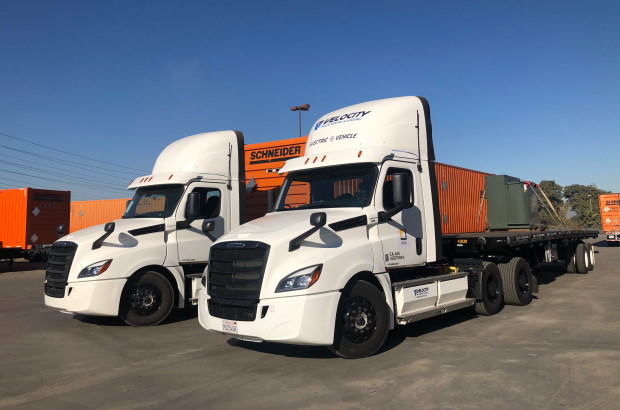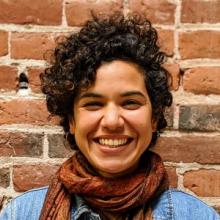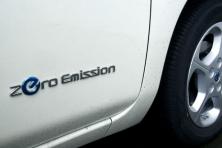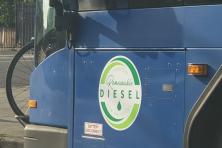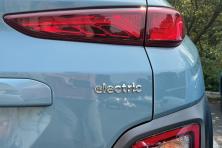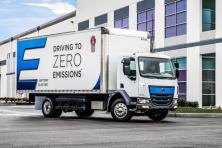It’s almost time! Next week on November 17th, the Oregon Environmental Quality Commission will vote on whether or not to adopt Clean Truck Rules that have the tremendous opportunity to improve public health and clean up our transportation sector!
Why focus on clean trucks?
Every year in Oregon, diesel engine exhaust is responsible for an estimated:
In Oregon, trucks, buses, and delivery vans pump out 70% of our state's total annual smog pollution (NOx), 64% of black carbon (or particulate pollution), and nearly half (42%) of climate pollution from transportation, yet medium and heavy-duty vehicles represent fewer than 10% of all vehicles on the road!
This air pollution burden falls disproportionately on Black, Indigenous, Communities of Color, and low-income communities first and worst due to racist public policies like urban renewal districts, redlining, and inner-city highway construction that spews toxic concentrations of diesel pollution on neighboring communities.
All this is to say that as we work to reduce emissions from medium- and heavy-duty trucks (drayage trucks, delivery vans, school buses etc.), we are working to reduce BOTH climate pollution and air pollution. Climate Solutions has been working with the Clean Air, Healthy Communities Coalition, a growing, multi-sector group of advocates with the goal of reducing public health impacts on Oregonians, ensuring Oregon achieves its greenhouse gas reduction targets in the transportation sector, and supporting a just transition. Money spent on cleaning our trucks is money spent on public health. Every diesel truck, van, and bus we replace with a zero-smog, electric version, creates immediate health benefits to local communities, families, workers, and truck drivers.
To sum it up, the Clean Truck Rules are comprised of two* main rules:
- The Advanced Clean Truck Rule would require manufacturers to produce and sell a minimum percent of new zero-emission medium- and heavy-duty trucks in Oregon (30-50% by 2030 and 40-75% by 2035).
- The Low-NOx Omnibus Rule is an emissions standard and would require reduced nitrogen oxide emissions from new fossil fuel MHD trucks sold. The new NOx standards would be cut to about 75% below current standards beginning in 2025 and 90% below current standards in 2027.
* The Zero Emission Vehicle (ZEV) Mandate is another rule Oregon is packaging with the rulemaking for the Clean Truck Rules that requires automakers to sell an increasing number of battery electric, plug-in hybrid, and/or full-cell electric passenger cars and light trucks.
We’re on the precipice of achieving a momentous win for climate and public health in Oregon!
You can tune in to the virtual EQC meeting on November 17th, or stay tuned for our recap of the vote next week to hopefully celebrate with us!
We'll be watching this upcoming vote closely, and encourage you to do the same.
